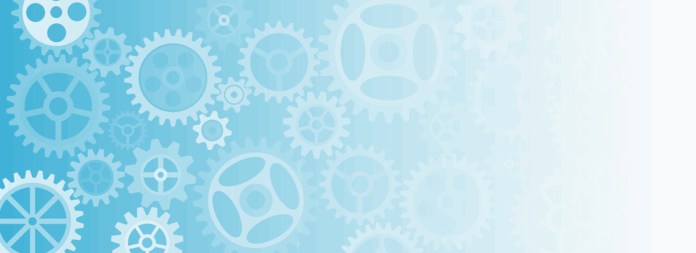AI Lackers and Slackers
While the advances in artificial intelligence have been nothing short of astonishing, propelling sectors from fintech to healthcare into new dimensions of efficiency and innovation, there are fundamental limitations that AI cannot transcend. The valuation of Apple as the first trillion-dollar company serves as a compelling case study in the contrast between what AI can and cannot accomplish. While Apple has indeed leveraged data analytics and AI in various aspects of its business, from Siri’s voice recognition to the personalized playlists in Apple Music, the linchpin of Apple’s staggering success has been human creativity. Notably, the cornerstone of Apple’s empire has been its ability to not only create new products but to establish entirely novel market arenas—something AI is inherently ill-suited for.
One of the most conspicuous distinctions between human cognition and artificial intelligence is the capacity for genuine creativity. Innovations like the iPod, iPhone, or iTunes emerged from the human ability to envisage radically different futures and then proceed to manifest them. AI algorithms, by their very nature, are designed to iterate on established data sets, seeking optimizations and efficiency within predefined boundaries. They are intrinsically backward-looking and limited to a fixed range of options. This makes them unable to engender the type of disruptive, groundbreaking innovation that springs from human intuition, serendipity, and cross-domain connections.
Moreover, there’s a distinction to be made between deep learning and deep understanding. AI can process data and make predictions, but it lacks humans’ holistic knowledge. For example, even as language models grow more sophisticated, they can’t grasp the nuance, emotion, or cultural contexts in the way humans do, much less synthesize these complex facets into genuine wisdom or ethical judgments. These are not merely technical limitations but are bounded by the very nature of algorithmic processing.
Another limitation comes into play in the world of business. AI and data-driven models often prioritize efficiency and scaling, potentially crowding out avenues for disruptive innovation. Strictly data-driven decisions may overlook opportunities for which no data yet exists, especially for game-changing innovations that create their markets. This tunnel vision—hyper-focusing on what is quantifiable—risks sacrificing groundbreaking advances at the altar of incremental improvement.
AI’s lack of emotional intelligence also becomes a limiting factor in fields like healthcare, counseling, and diplomacy, where understanding human emotions is key. No algorithm can read between the lines to detect emotional nuances, much less respond with the kind of empathy and emotional support that a human can offer.
And even within its domain of strength—data processing—AI is not without drawbacks. Its reliance on vast data sets and computational power has environmental costs, contributing to carbon footprints, a concern that’s becoming increasingly critical in a world grappling with climate change.
Lastly, AI does not possess self-awareness or consciousness. Unlike humans, it doesn’t understand the “why” behind its tasks. It performs functions without any understanding of purpose, ethical implications, or the larger context within which it operates. This lack of self-awareness and moral compass means that AI tools can be potent but need to be directed wisely. While they can be used within the context of breakthrough innovations, they are not themselves the sources of such innovations.
In sum, while AI and data analytics serve as invaluable tools that can refine and even revolutionize various aspects of business and technology, they are not substitutes for human qualities like creativity, emotional intelligence, and ethical reasoning. Any company that loses sight of this, bewitched by the shiny allure of AI and big data, risks neglecting the fundamental human processes that are the real keys to groundbreaking innovation and long-term success.





